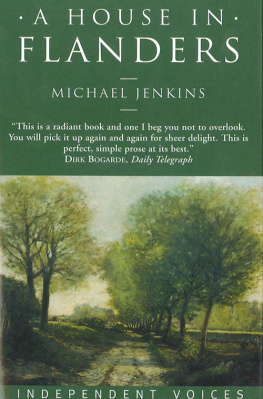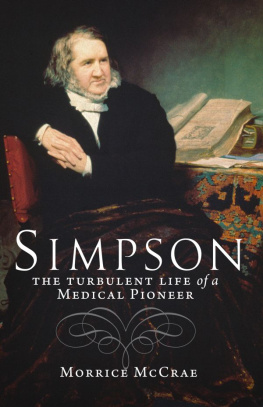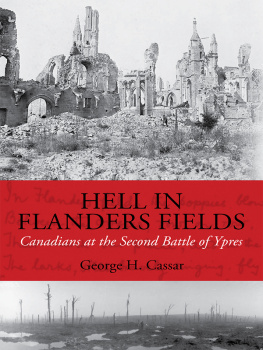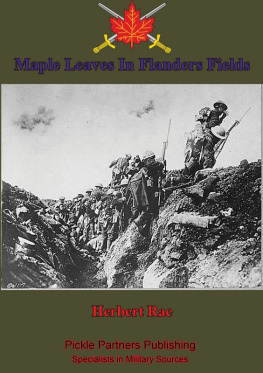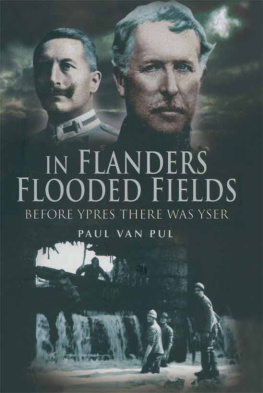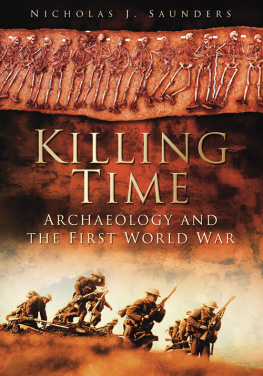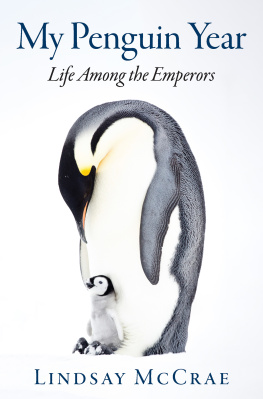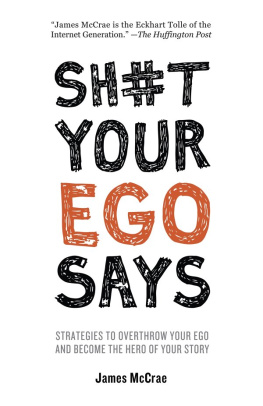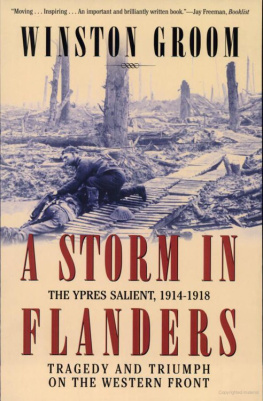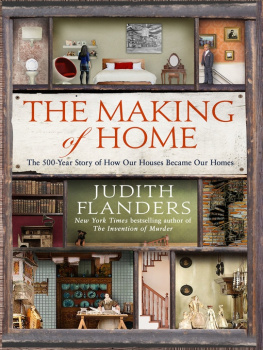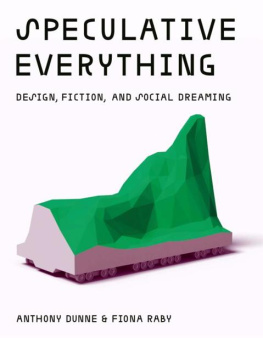JOHN McCRAE
Beyond Flanders Fields
SUSAN RABY-DUNNE

VICTORIA VANCOUVER CALGARY
Copyright 2016 Susan Raby-Dunne
All rights reserved. No part of this publication may be reproduced, stored in a retrieval system, or transmitted in any form or by any meanselectronic, mechanical, audio recording, or otherwisewithout the written permission of the publisher or a licence from Access Copyright, Toronto, Canada.
Heritage House Publishing Company Ltd.
heritagehouse.ca
cataloguing information available from library and archives canada
978-1-77203-157-7 (pbk)
978-1-77203-158-4 (epub)
978-1-77203-159-1 (epdf)
Edited by Karla Decker
Proofread by Leslie Kenny
Cover design by Jacqui Thomas
Typesetting by Setareh Ashrafologholai
Cover images: Portrait photo of John Alexander McCrae from In
Flanders Fields and other Poems by Lieut.-Col. John McCrae, M.D., with an Essay in Character, by Sir Andrew Macphail (New York, London: G.P. Putnams Sons, 1919), via Wikimedia Commons; poppy painting by Sashmir/iStockhoto.com
We acknowledge the financial support of the Government of Canada through the Canada Book Fund (CBF) and the Canada Council for the Arts, and the Province of British Columbia through the British Columbia Arts Council and the Book Publishing Tax Credit.

In honour of all those who serve,
in memory of all those who fell, and in
mindfulness and compassion for all those
who returned but were forever lost
unto themselves
And for Jack

Ypres Salient map with 1st Brigade position. MICHAEL DOROSH, CANADIANSOLDIERS.COM
Contents
Prologue
OF ONES FEELINGS ALL THIS NIGHTof the asphyxiated French soldiersof the women and childrenof the cheery, steady British reinforcements that moved up quietly past us, going up, not backI could write, but you can imagine.
We took to the road at once, and went up at the gallop. The Colonel rode ahead to scout a position (we had only four guns, part of the ammunition column, and the brigade staff; the 1st and 4th batteries were back in reserve at our last billet). Along the roads we went, and made our place on time, pulled up for ten minutes just short of the position, where I put Bonfire with my groom in a farmyard and went forward on footonly a quarter mile or sothen we advanced. Bonfire had soon to move; a shell killed a horse about four yards away from him, and he wisely took to other ground. Meantime we went on into the position we were to occupy for seventeen days, though we could not guess that. I can hardly say more than that it was near the Yser Canal.
We got into the action at once under heavy gunfire. We were to the left entirely of the British line, and behind French troops, and so we remained for eight days. A colonel of the R.A. [Royal Artillery], known to fame, joined us and camped with us; he was our link with French Headquarters and was in local command of the guns in this locality. When he left us eight days later he said, I am glad to get out of this hell-hole.
Excerpt from Major John McCraes diary of the Second Battle of Ypres, April 23, 1915
Introduction
JOHN MCCRAE was born into an industrious, enterprising family of Presbyterian Scottish immigrants in Guelph, Ontario, on November 30, 1872. John was the second of three children: brother Tom was the eldest and sister Geills the youngest.
Like his father, Lieutenant-Colonel David McCrae, a long-time member of the artillery militia in Ontario, young John was attracted to military history and objects, particularly guns.
David McCrae was a veteran of the Fenian raids. The Fenians, an Irish Catholic group, many of whom were battle-hardened veterans of the American Civil War, hoped to help free Ireland by attacking British colonial Canada. For five years, from 1866 to 1871, they raided along the Canadian border from New Brunswick to Manitoba. During the First World War, the elder McCrae raised his own artillery battery, the 43rd, which he planned to command on the field of battle himself; due to his advanced age (seventy-three), that ambition was denied.
As a teenager, John McCrae was an avid reader of the English periodical The Boys Own Paper, a publication filled with swashbuckling tales of British battles and empire-building exploits. The first mention of his fascination with guns was in a letter he wrote at age seven, in which he spoke of watching an artillery competition near his Guelph home: The Wellington Battery were shooting at the big bench on the Grand River on Saturday. Captain Nicholl made the highest score in the Wellingtons.
David McCrae took John on a business trip to London, England, in 1886. (The family had a woollen mill in Guelph at the time.) McCrae was thirteen and was much impressed by this massive, bustling city at the heart of the British Empire, with its monuments, its history, and its evident prosperity.
On a visit to Edinburgh Castle, McCrae admired the cannons and wrote his mother of one of them, Saw Mons Meg. I could crawl in her mouth easily.
After their return to Canada, McCrae joined the Guelph Highland Cadet Corps once he turned fourteen. He was a keen cadet and applied himself to learning with discipline and dedication. He won a gold medal at age fifteen from the Ontario ministry of education for being the best-drilled cadet in Ontario.
He excelled in school, especially in the sciences. From his mother, Janet, he inherited a deep love of literature, poetry, and music. He loved to write and began composing poetry, essays, and short stories in his teens, as well as sketching landscapes. He was a prolific letter and journal writer all his life.
David and Janet McCrae instilled in their three children a strong code of conduct to which they adhered without question. It focused on hard work, fairness, justice, compassion, and a strong belief in service to their church, their fellow men, and their country.
John McCrae loved animals. He had numerous pets at any given time, including a special horse and a dog who would prove to be vital to him in the Great War.
In his later teens, McCrae developed asthma and could not live at Janefield, the family farm on the outskirts of Guelph. He went to stay with a local doctor, and his eventual medical mentor, Doctor Henry Howitt, until he won a science scholarship to the University of Toronto at age seventeen.
John McCrae was a man of his timea devoted citizen of Canada, but also of the British Empire. So, when the Empire went to war, McCrae did not hesitate to drop everything and sign uptwice.
CHAPTER
John McCraes First War
I see by tonights bulletin that there is to be no second contingent. I feel sick with disappointment, and do not believe that I have ever been so disappointed in my life, for ever since this business began I am certain there has not been fifteen minutes of my waking hours that it has not been in my mind. It has to come sooner or later. One campaign might cure me, but nothing else ever will, unless it should be old age.
EXCERPT FROM AN 1899 LETTER WRITTEN BY JOHN MCCRAE, REFERRING TO THE UNFOLDING ANGLOBOER WAR (NOW KNOWN AS THE SECOND BOER WAR, OR THE SOUTH AFRICAN WAR)


